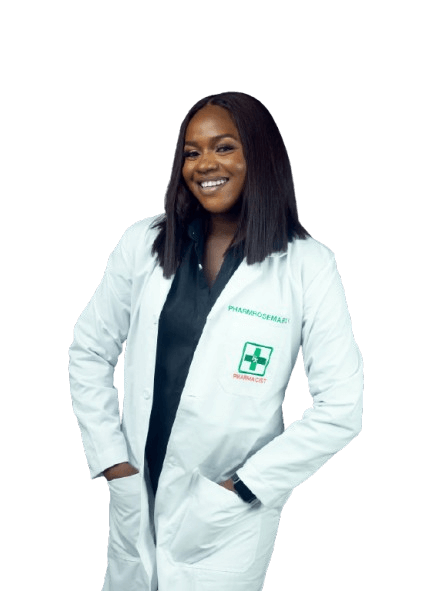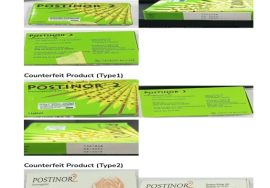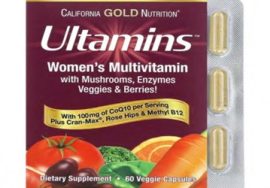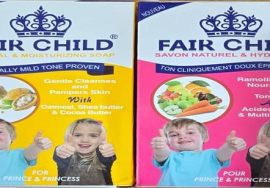NAFDAC Alerts Nigerians on Fake Cowbell “Our Milk” Found in Kano and Nasarawa
NAFDAC Alerts Nigerians on Fake Cowbell “Our Milk” Found in Kano and Nasarawa

Last updated on August 11, 2025
Health Risks of Consuming Counterfeit Milk | What Healthcare Professionals and Patients Should Do
The National Agency for Food and Drug Administration and Control (NAFDAC) has warned Nigerians about the circulation of fake Cowbell “Our Milk” in the market.
The alert comes after Promasidor Nigeria, makers of Cowbell “Our Milk”, confirmed that counterfeit versions of the product are in circulation. These fake products are being sold under the Cowbell brand name, using the company’s logo, packaging design, and even a forged NAFDAC registration number.
According to Promasidor, the last authentic batch of this product was manufactured in September 2023. Any pack with a later production date, especially those labeled April 2025, should be treated as suspicious. So far, counterfeit items have been traced to Nasarawa and Kano states.
This case is part of a growing wave of fake and counterfeit products in Nigeria. Recently, similar alerts were issued over fake Postinor-2 contraceptive, showing how counterfeit drugs and consumables continue to pose serious risks to public health.
Health Risks of Consuming Counterfeit Milk
Fake dairy products may contain unsafe or contaminated ingredients that fail to meet food safety requirements. Consuming them could lead to food poisoning, allergic reactions, or long-term health problems, including organ damage. In severe cases, they can be life-threatening. Infants, children, pregnant women, and older adults are at greater risk.
How to Spot the Fake Product
The counterfeit version of Cowbell Our Milk 12g differs from the original in several ways:
- Powder inside does not have the usual appearance of milk.
- Packaging uses outdated PNG artwork.
- Batch details printed with ink instead of laser marking.
- Batch code placed in the wrong section of the sachet.
- Rough, manually done sealing and cutting on the vertical edges.
What Healthcare Professionals and Patients Should Do
To minimize risk and safeguard public health:Drug List
Recent Drug News
- NAFDAC Alerts Public on Circulation of Expired Lara Force Insecticide
- NAFDAC Retrieves Substandard Batch of Amoxivue 500mg Capsules Over Safety Concerns
- Public Warned Over Illegal Sale of Unregistered Health and Wellness Products in Nigeria
- NAFDAC Warns of Counterfeit Herceptin® in Ghana; Traced Back to Nigeria
- Unregistered Tarivid (Ofloxacin) 200mg Tablets Found in Nigeria

Rosemary is a licensed Pharmacist and Medical Writer passionate about providing safe, effective medications and authoritative health information. She brings over three years of experience in both Pharmacy practice and medical writing to Me and You Pharma.





